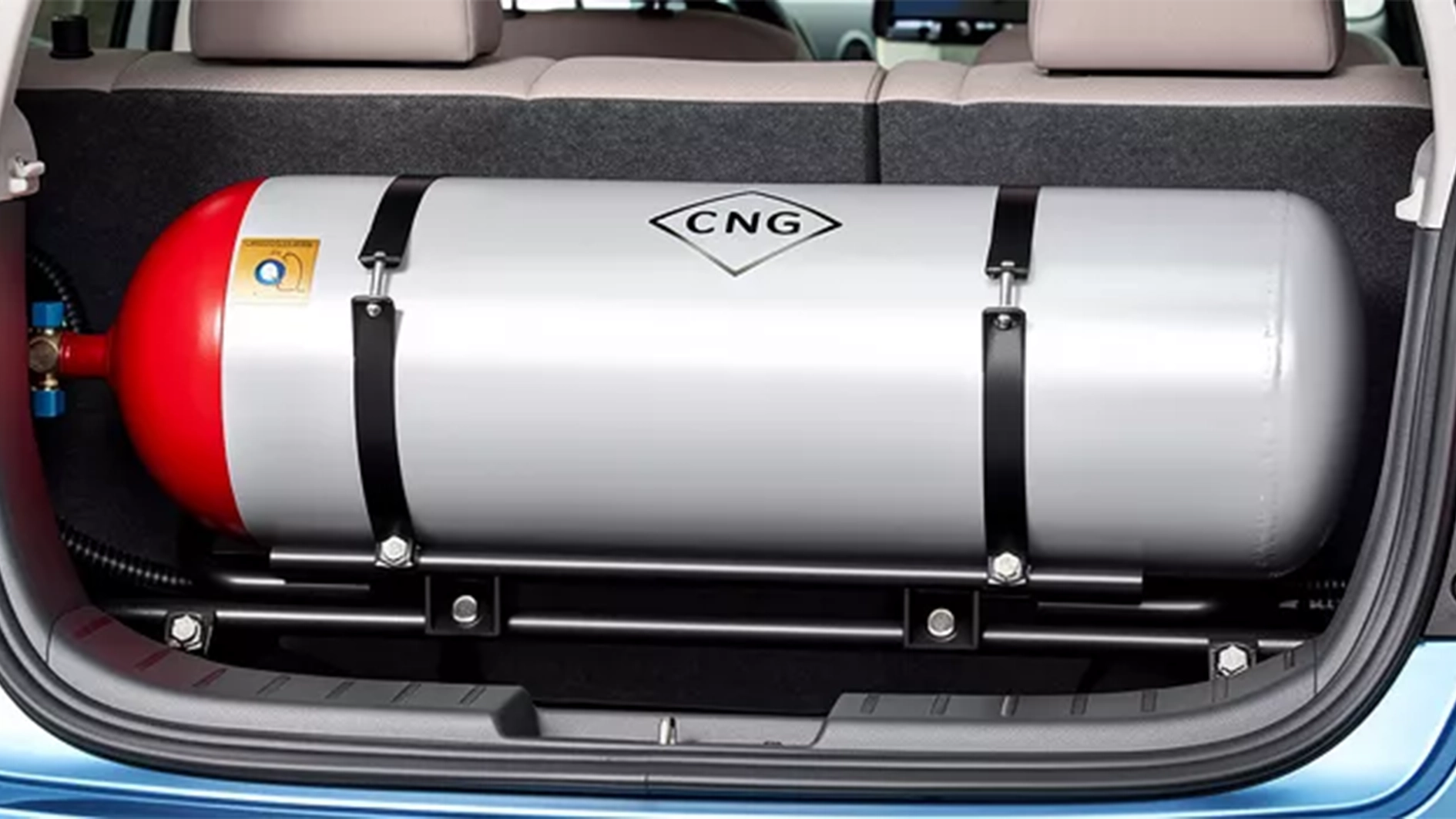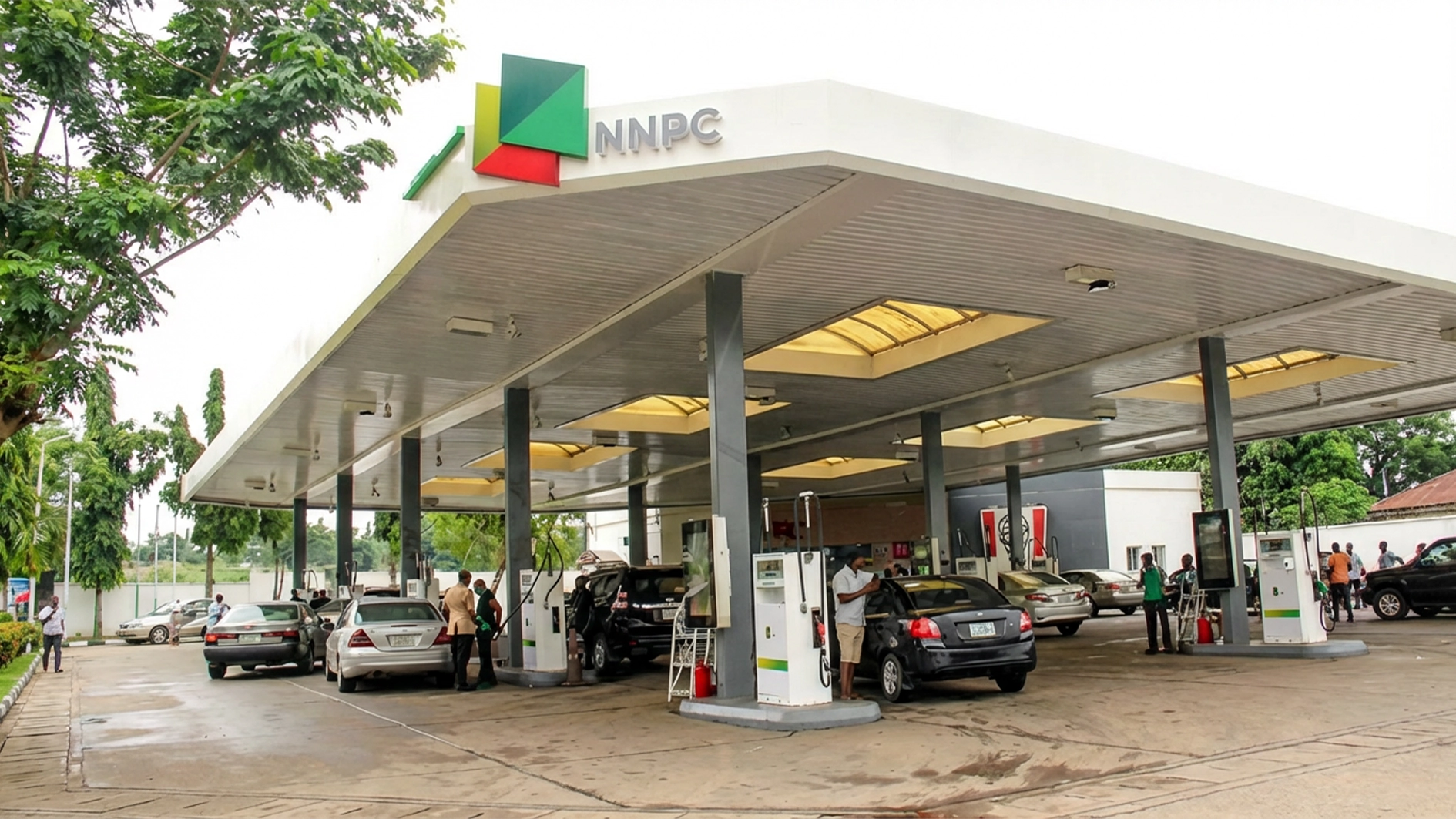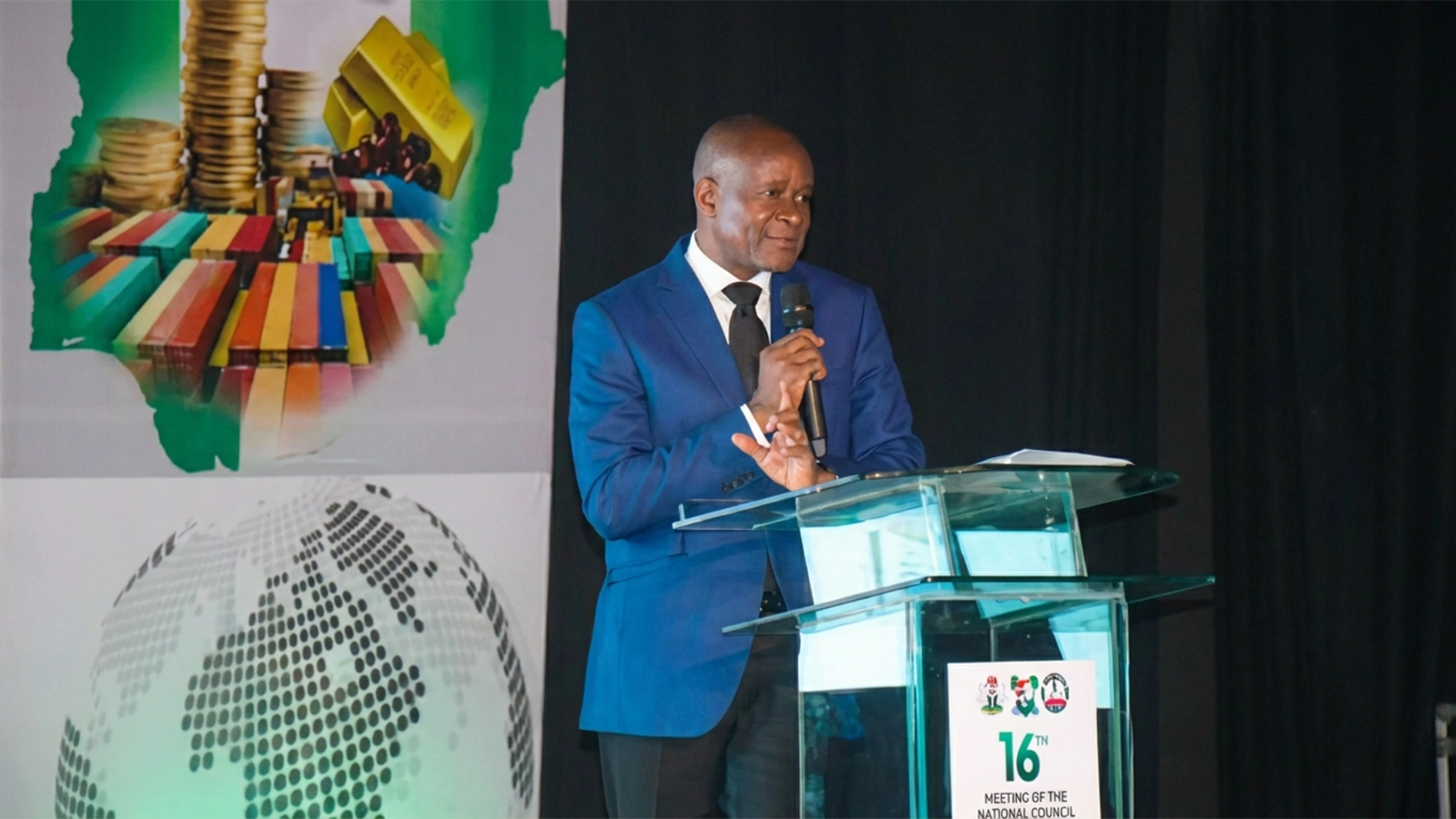As Nigeria pushes to diversify its energy mix and cut reliance on fossil fuels, private solar developers have become pivotal to the country’s clean energy drive.
Among them, Eauxwell Nigeria Limited has emerged as one of the most visible and technically consistent engineering, procurement, and construction (EPC) companies, given its capability and resilience in a volatile market.
Just recently, REA signed a Memorandum of Understanding with five private developers to scale up and deliver 1,265 megawatts of electricity in Nigeria. Eauxwell Nigeria Limited leads the team alongside Skipper Nigeria Limited, Havenhill Synergy Limited and Privida Power. The DRE projects include interconnected minigrids (IMGs), isolated minigrids, C&I, and PUE (the “Projects”), with the purpose of electrifying peri-urban and rural communities (including markets, businesses, households, public institutions, health clinics and schools) in both weak grid and off-grid areas.
But Eauxwell’s dominance also reveals that progress in Nigeria’s renewable energy is still being driven by a handful of technically grounded companies rather than by a coherent national framework.
In a space characterised by uneven regulation, erratic financing, and inconsistent policy signals as well as the collapse of several early solar projects launched under donor-backed schemes, EPC firms have had to balance ambition with realism.
Where many companies limited themselves to importing and installing solar panels, Eauxwell built in-house engineering capacity, enabling it to design and execute both rooftop and utility-scale PV systems, often integrated with battery storage.
That vertical integration has proven crucial in a market where imported components, unreliable supply chains, and poor technical oversight often undermine system quality.
Some energy analysts have argued that Eauxwell’s relative success comes from technical continuity, especially at a time when technical design culture remains limited in Nigeria.
The firm’s cross-sector work in solar-powered water systems, including pumping, irrigation, and filtration, remains a driver for agriculture in northern and central Nigeria, a development that shows how decentralised energy solutions can be leveraged for agriculture and rural water supply.
These interventions matter because they respond to structural failures in public infrastructure. While the federal government’s Rural Electrification Agency (REA) and donor programmes have expanded off-grid solar access, integration with water supply and small-scale irrigation remains important.
However, scaling such systems remains difficult as high initial costs, foreign exchange instability, and poor maintenance culture continue to limit replication. Even well-engineered systems often struggle with sustainability once donor or corporate support phases out.
Eauxwell’s insistence on long-term operations and maintenance (O&M) contracts could sustain and provide local capacity in the country.
Through scheduled inspections and performance monitoring, it tries to ensure system longevity, something the Nigerian solar market has struggled to institutionalise.
Currently, the Nigerian EPC market is still dominated by a procurement mentality, which makes operators install and walk away.
Eauxwell’s move towards asset management using data analytics to monitor performance and predict failures also reflects a broader industry shift towards digitalisation, especially at a time when many institutions lack the capacity to interpret performance data or invest in the software tools needed for predictive maintenance.
Without regulatory standards for post-installation reporting, solar EPCs operate in isolation. This limits knowledge transfer and sector-wide learning, one reason Nigeria’s renewable energy growth remains incremental despite increasing project announcements.
Eauxwell’s client list, spanning the Rural Electrification Agency, NNPCL, TotalEnergies, Shell, Sterling Bank, and Dangote Group, shows both its credibility and the narrowness of Nigeria’s high-end solar market. Most large-scale EPC work still comes from institutional or donor-backed projects, while the residential and small commercial segments remain fragmented and price-driven.
This concentration also carries risks. With limited public-sector funding and macroeconomic uncertainty, project pipelines fluctuate. Companies like Eauxwell must therefore rely on corporate partnerships and development finance to stay viable.
The firm’s technical competence and delivery record highlight what is possible when engineering integrity drives project execution. But its dominance also points to the absence of a deep, competitive EPC ecosystem capable of scaling solar adoption nationwide.
The Nigerian government’s target of generating 30 per cent of electricity from renewables by 2030 remains ambitious but uncertain unless regulatory inconsistency, weak local manufacturing, and limited finance are addressed.






